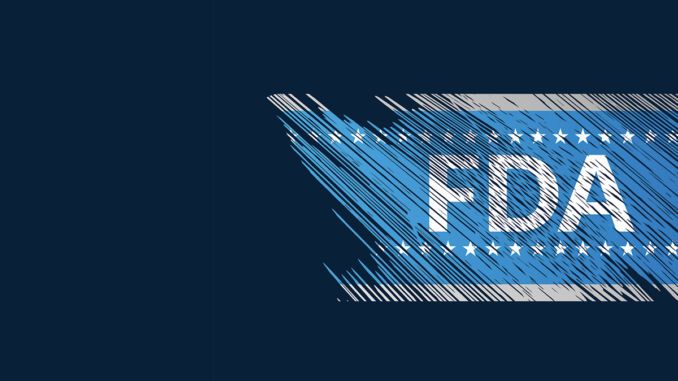
[ad_1]
On Jan. 26, the FDA issued a CBD policy statement that reaffirmed its longstanding unwillingness or inability to regulate nonpharmaceutical CBD products. The announcement is riddled with disingenuous doublespeak, starting with the wordy title: “FDA Concludes that Existing Regulatory Frameworks for Foods and Supplements are Not Appropriate for Cannabidiol, Will Work with Congress on a New Way Forward.”
After stonewalling for years, the Foot Dragging Administration is basically admitting that its bureaucracy is unable to scale with the scope and magnitude of popular interest in CBD. So it’s passing the buck to Congress.
Perhaps a more incisive title would be: “FDA Concludes that Existing Regulatory Frameworks for Foods and Supplements are Not Appropriate.”
As per usual, the FDA reflexively privileges pharmaceutical CBD, which is so safe it’s not even considered a controlled substance. But as for nonpharmaceutical CBD – the FDA insists it’s too risky for public consumption.
It’s worth noting that cannabidiol (CBD), as a whole plant option or derivative has been available since 2010, and millions of people have used CBD products without apparent harm. A 2018 report by the World Health Organization concluded that CBD “is generally well-tolerated with a good safety profile [and] exhibits no effects indicative of any abuse or dependence potential.” A clinical trial by ValidCare assessing CBD’s impact on human liver function has given the compound a clean bill of health.
The FDA can’t scale with the scope and magnitude of popular interest in CBD.
Yet the latest FDA missive continues to exaggerate the dangers of CBD while ignoring significant benefits beyond its proven anti-seizure properties. The FDA’s fear-mongering contention that “people could be unknowingly exposed to CBD through meat, milk and eggs from animals fed CBD” is ludicrous.
Unfortunately many companies that market hemp-derived CBD products have not acquitted themselves well regarding quality manufacturing and labeling – which underscores the pressing need for regulatory oversight that the FDA, out of deference to the pharmaceutical industry, has failed to provide.
By shirking its regulatory responsibilities with respect to whole plant CBD, the FDA encourages disrespect and mistrust of the federal government, which continues to maintain that cannabis is a dangerous drug with no medical value.
[ad_2]
Source link

Soyez le premier à commenter